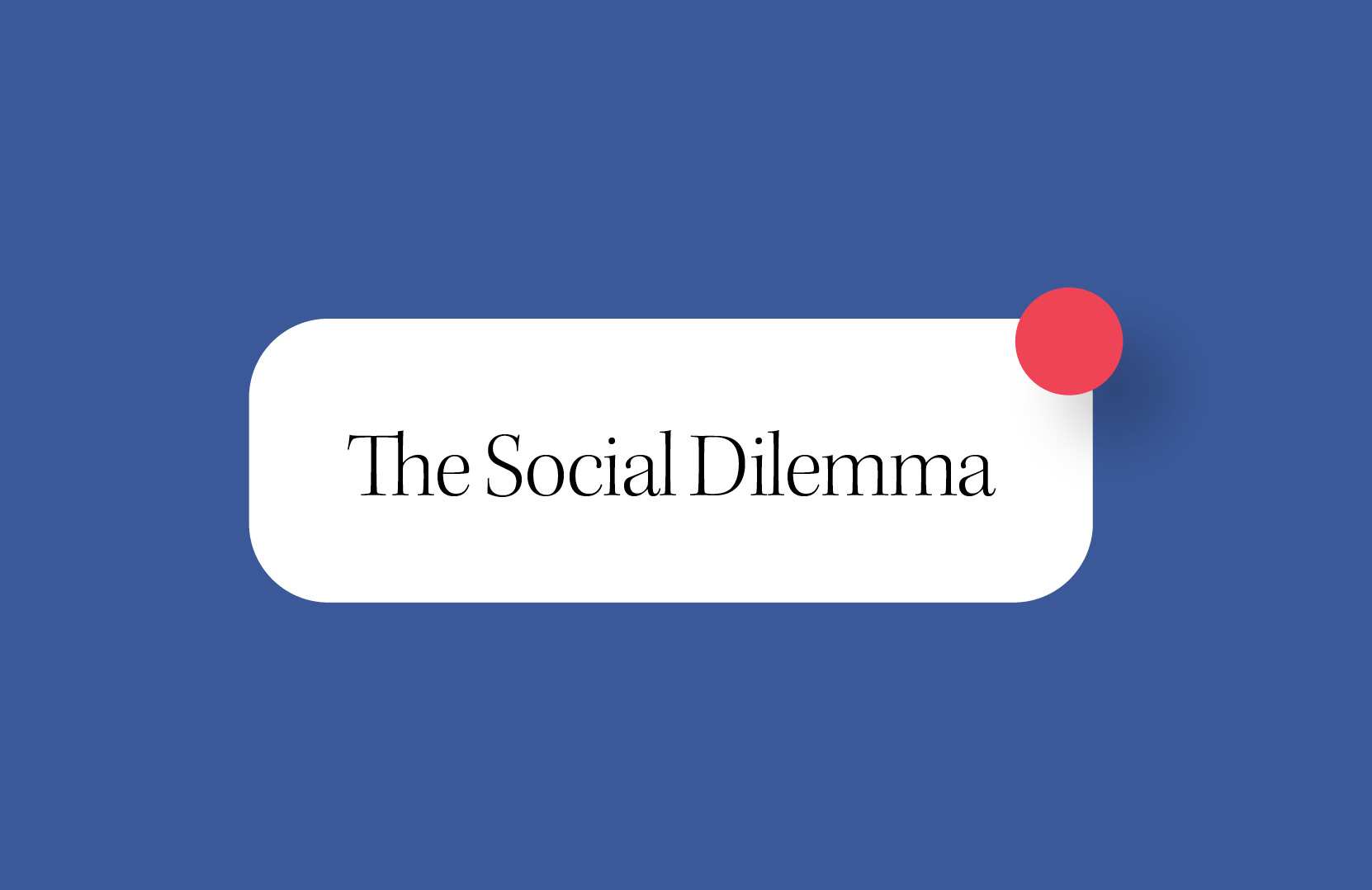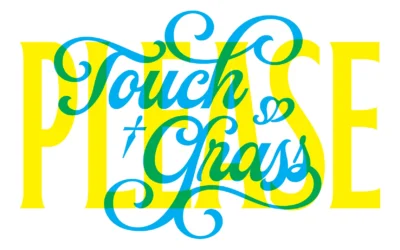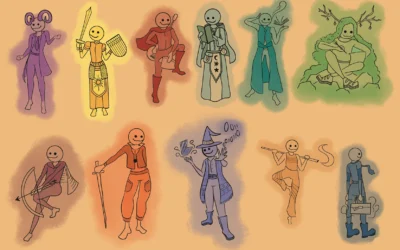The title says it all. It is a dilemma, indeed. What happens when the very thing meant to keep us connected to the world disconnects us more than ever?
The documentary, available now on Netflix, starts in a very relaxed manner as a who’s who of the tech world take their seats in preparation for the alarming information ahead. As they all divulge their impressive social media tech resume Joe Toscano, a former experience design consultant at Google, says that he has been talking to lawyers for eight months, adding to the intensity of the information you’re about to receive. In reality, none of what is coming at you should be the least bit surprising.
The Social Dilemma is nothing if not a cautionary tale of how a tool meant for good could eventually turn bad. It is reminiscent of movies where a science experiment is being pushed to better society, and at least one scientist sounds the alarms of disaster only to be dismissed. This leads to civilization’s inevitable demise while the one unsung hero trying to save everyone gets to scream, “I told you so,” into the void. And so, a group of talented tech experts who started rolling the snowball we call social media begin their interviews.
They all seem to agree that two things are certain: 1) no one in the tech world built these tools with ill intention but sadly, those tools took on a life of their own, and 2) they are all incredibly concerned.
From there, the documentary mixes facts with some dramatization of what happens when children meet social media in order to drill their point home, and they do just that.
There is no shortage of experts in their respective fields, giving their opinion and inciting concern in the viewers. At one point, social psychologist Dr. Jonathan Haidt shares stats on teenage mental health in the United States of America, as well as teenage suicide that would set any parent into a black hole of paranoia. Haidt explains that since 2009, the number of girls in the United States admitted to hospitals for self-harm has increased by 62 per cent in the age group of 15 to 19 and 189 per cent in the age group of 10 to 14. Further, over the same time period, the number of U.S. girls that commit suicide has increased by 70 per cent in ages 15 to 19 and 151 per cent in ages 10 to 14. The common denominator was the timeline when social media became abundant, and access became easier for younger demographics.
If that isn’t enough to make you want to throw your phone, hand grenade style, out the window before it blows up in your face, then the rest of the documentary surely will. As the reality sets in that in the world of social media, you and your attention are the real product being sold, an uneasy feeling of being duped might set in as well. This, topped with the fact that algorithms are made to show you what is most likely to keep you glued to your phone, will, for most, undoubtedly create an eerie sense of being controlled.
From how the look of icons to creating the like buttons is strategically designed to encourage use, every subject is covered. Experts then discuss how these items have escalated into a tool for further control over us, “the product.” Essentially our time spent on social media and us as consumers and being sold to anyone with something to market.
In a world that has become more filled with conspiracies than ever before, this documentary is a sobering look at how wrong some of those conspiracies are. The public doesn’t need to fear a Bill Gates-produced microchip vaccine, because everything you do is already being monitored by Silicon Valley. Jeff Seibert, a former Twitter executive, explains that everything you do is monitored, right down to every image you look at and how long you look at that image for, bringing a whole new meaning to big brother watching.
Nothing in The Social Dilemma will come as a shock to those in the tech, advertising, or even communications field where not only is this taught, but knowing how to use this in your favour is a basic necessity. However, many social media users choose the ostrich myth of burying their heads in the sand to live in blissful ignorance. Here the experts interviewed go through how AI’s control of algorithms has become a monster of its own making. Much like a metaphorical out of control train with no brakes to stop it before it goes headfirst off a cliff with all of human civilization on board. One man, Jaron Lanier, computer scientist and founding father of virtual reality, suggests getting off the train by logging off of social media entirely. It’s a lovely thought for those who don’t work, go to school, or have any family in other countries where the cost of an overseas call is astronomical.
Since we can’t all live in a perfect social media-free world, I was really waiting for these incredibly intelligent experts to start doling out advice on how to fix the mess they accidentally created but sadly, that moment never came. Maybe like at home, when everyone makes a mess, but no one cleans it up, their moms will go in and fix it. The only suggestions, if you can call them that, offered at the very end are to shut off your notifications and pick your content, don’t let the platform choose for you. These golden nuggets of brilliance are topped by the confession that none of these social media technology creators allow their children to be on it. This, to me, was the equivalent of what it would be like to hear a Boeing engineer say he wouldn’t let his kids board a plane.
On a sombre note, there is a real feel of worry from those interviewed. They have all, in a way, become the aforementioned scientist screaming at the crowds to stop this before we all die while everyone else pushes forward. The question becomes if they can’t fix the problem they started, will anyone?
Although they all expressed positive social media qualities and reiterated the good intentions that were had when creating these tools, they seemed at odds with what it had become. Leaving the thought that maybe the 1791 adage made popular by Samuel Johnson, “The road to hell is paved with good intentions,” is accurate.
★★★★☆





0 Comments